Fox News Flash top headlines for November 10
Fox News Flash top headlines are here. Check out what's clicking on Foxnews.com.
On the night of Dec. 27, 1986, Cara Knott drove her Volkswagen from her boyfriend’s house.
The 20-year-old was on her way home. She never made it.
Police soon found the San Diego student. The aspiring teacher's body had been dumped from a bridge. She landed about 75 feet below on a dry creek bed. There was a ligature mark around Knott’s neck and a bruise on her face. It appeared someone had hit her with a flashlight.
Her father, Sam Knott, was there when investigators made the horrific discovery.
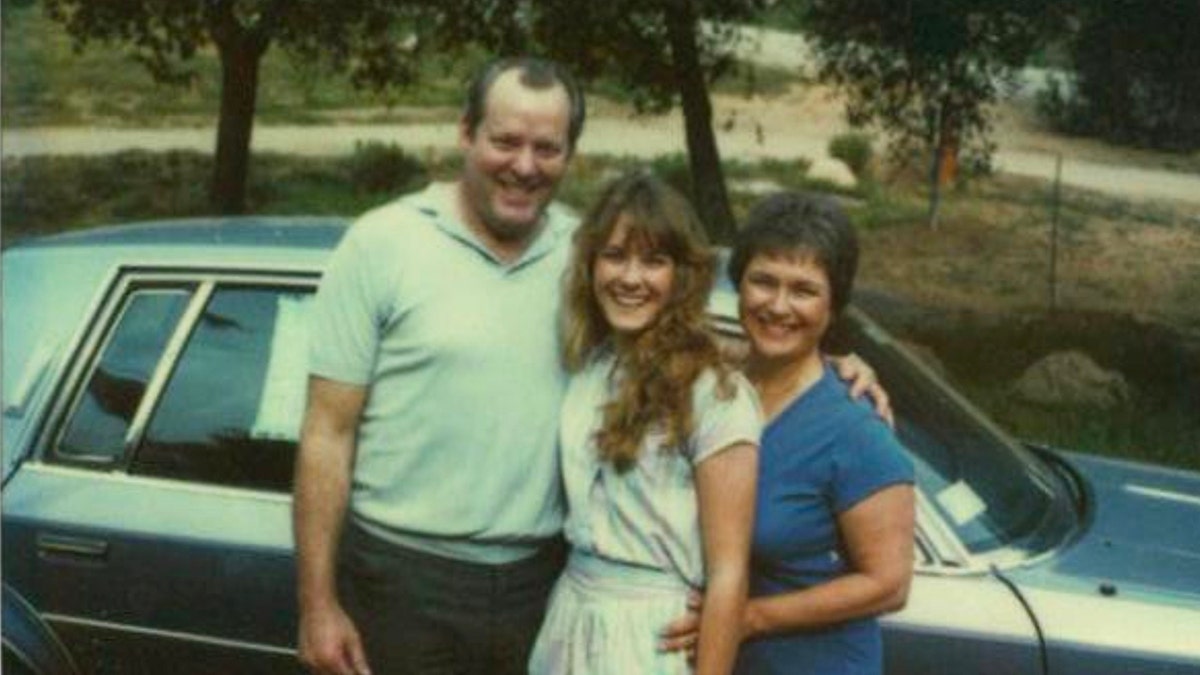
The murder of Cara Knott, seen here between her parents, is examined in the new true-crime series "Good Cop, Bad Cop." (ID)
Over the years, the patriarch worked tirelessly to establish a memorial garden in his daughter’s honor. It was established in the Los Peñasquitos Canyon Preserve, where Knott's body was found. In 2000, after spending time in his beloved garden, the 63-year-old suffered a fatal heart attack. He died only a few yards from the spot where his daughter was found.
Knott’s case is being reexamined in a new true-crime series on Investigation Discovery (ID), "Good Cop, Bad Cop." It’s hosted by Garry McFadden, a 37-year veteran of the Charlotte-Mecklenburg Police Department (CMPD) in North Carolina. He previously worked on over 800 homicide cases with a 90% success rate in the investigations he pursued.
The series explores cases from across the country in which the perpetrator is a member of law enforcement. It features interviews with loved ones and officers who helped solve the cases, among others.
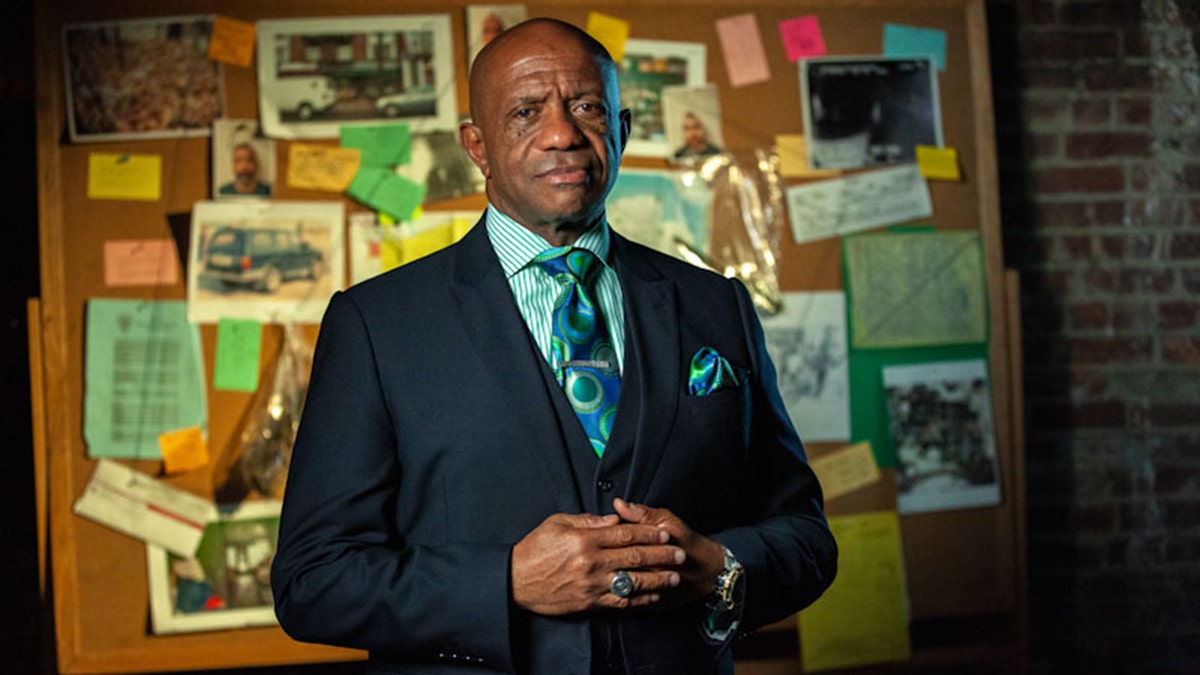
"Good Cop, Bad Cop" is hosted by Garry McFadden. (ID)
"An average homicide detective wouldn’t think law enforcement was responsible for this in the beginning," McFadden told Fox News Digital. "As we peel back the layers, we do wonder, ‘Who committed this?’ You can’t rule anything out. We can't rule anyone out. But I can tell you that probably one of the last things that we would ever think about is that law enforcement committed anything like this.
"This was a diverted mind, a devious soul."
In the episode, airing Sunday night, Knott’s family is adamant the patriarch died of a broken heart after losing his child.

Cynthia Knott revealed her father died of a broken heart. (ID)
"It destroyed my dad," Knott’s sister, Cynthia Knott, told the series. "The monster murdered him, just like he murdered my sister."
While the murder occurred in a largely undeveloped area, it was widely publicized in San Diego. In the ‘80s, San Diego was considered a vacation town where local crime didn’t make national news, the episode shared.
At the time, investigators had to rule out the possibility Knott was a victim of the Green River Killer, who was active in Seattle.
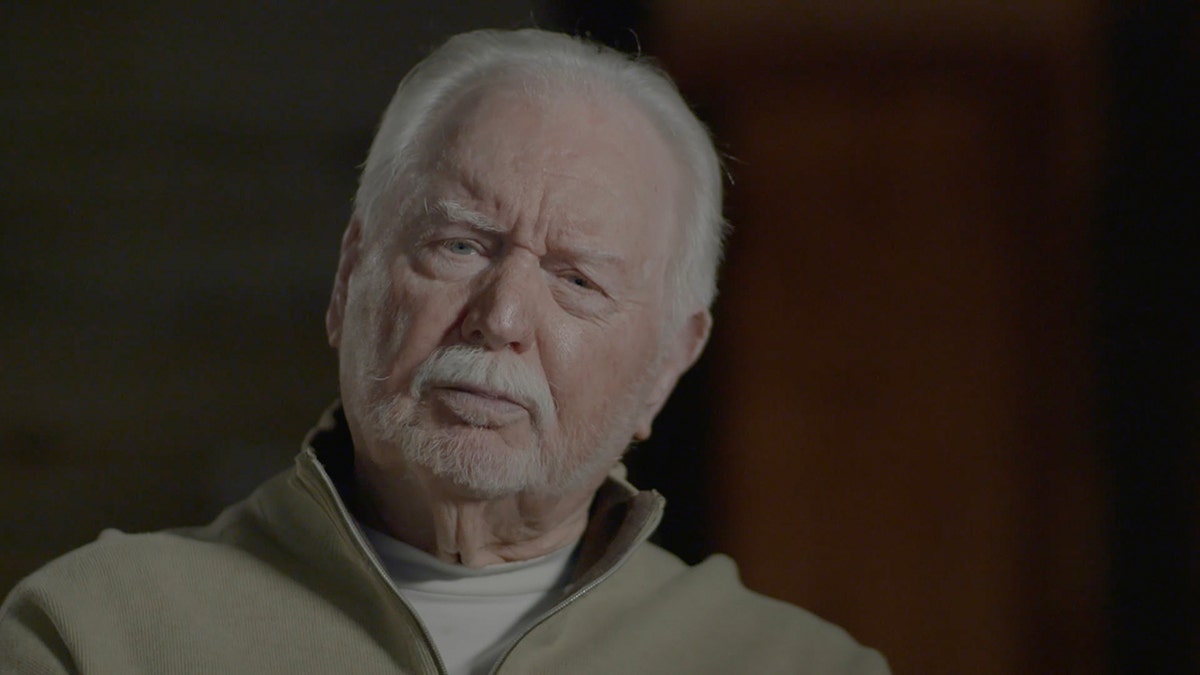
Retired Lt. James P. Jarvis described how investigators were determined to bring the Knott family justice. (ID)
"I’ve worked on a serial killer case, and it’s very important to quickly rule out the big cases," McFadden explained. "Everybody wants to link that [homicide] to the big case to make it more sensational. So you need to take care of that upfront.
"And everyone — our supervisors, our county manager, our councilmen, our mayor — all want to make sure that there is no link to a serial killer. And the evidence needs to back that up. This is extremely important because you’ll end up on a goose chase when time is ticking. And [if you’re wrong], you’ll never find that golden egg you’re looking for."
An unlikely suspect began having loose lips. Craig Allen Peyer, who worked as a California Highway Patrol (CHP) officer for 13 years, suddenly began having an unusually keen interest in Knott’s case, asking questions to confused detectives.
"It’s like returning to the scene of the crime," McFadden explained. "In this case, he didn’t have a chance to return to the scene of his crime. But he felt comfortable enough to talk to law enforcement about the case, hoping that they would feel comfortable enough to talk to him. He wanted to make sure there weren’t any untied loose ends. What do you know? How can I make sure this doesn’t come back to me? What kind of alibi do I need?"
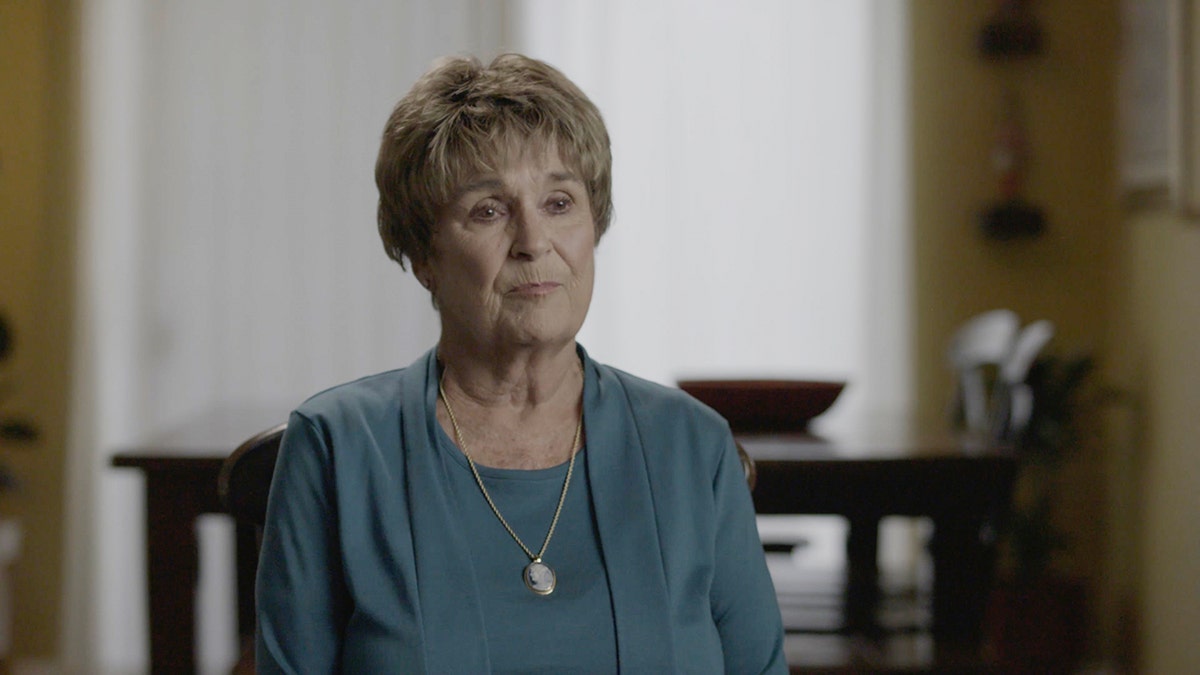
"We basically just fell apart, all of us," said Cara Knott's mother, Joyce Knott. (ID)
"It’s about knowing what you have and what you don’t have," McFadden added.
According to court documents, Peyer had a reputation for being "a very productive, efficient, effective, trustworthy, and professional officer."
But there was also a dark side to Peyer that he kept hidden.
About 24 young women would later testify that Peyer stopped them at night for minor traffic violations at the same secluded location where Knott was killed, the Los Angeles Times reported. According to the outlet, the women said they were detained for up to nearly two hours and asked about their personal lives. By comparison, when Peyer stopped men, those stops occurred in more visible areas, and they lasted less than 10 minutes.
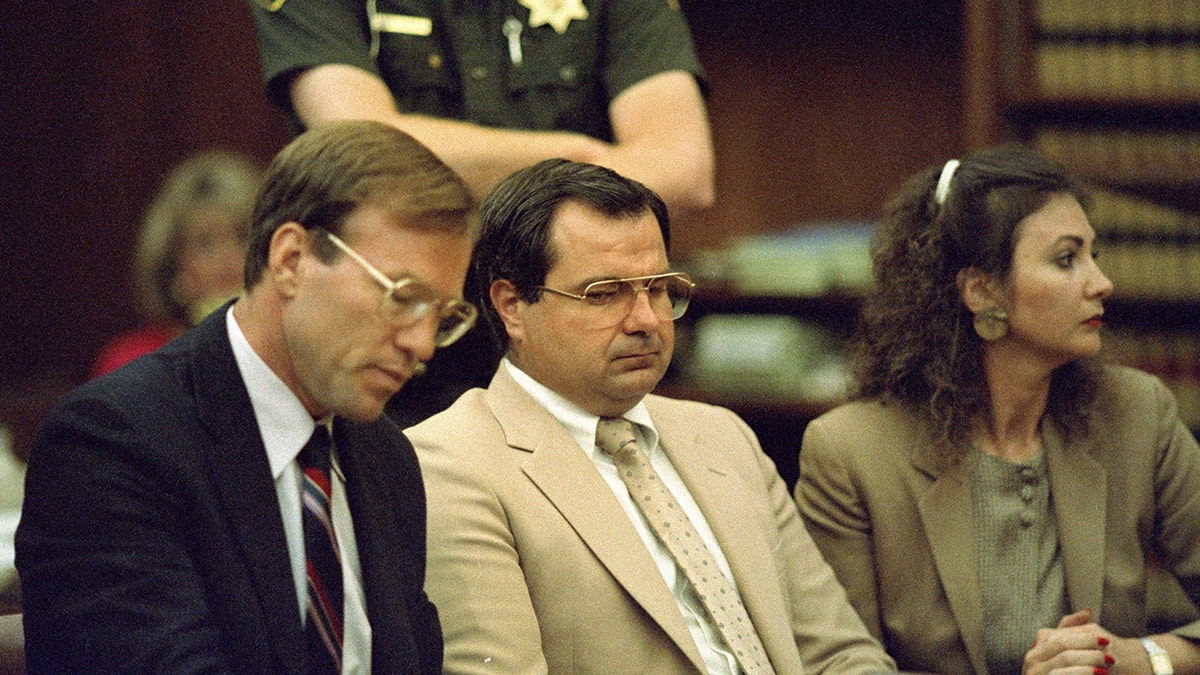
Women came forward and spoke about Craig Allen Peyer's (center) "creepy" behavior. (ALAMY)
The outlet also noted that a probation officer reported that one of Peyer’s two ex-wives said he became "Mr. Macho" after joining the CHP, and that "the badge was a way to flirt." He was also known for having a "hot pencil" and frequently wrote tickets. Many women who later came forward described his behavior toward them as "creepy."
Peyer also returned home one night with scratches on his face, the outlet reported. But his wife later testified in court that the scratches didn’t appear serious enough to warrant immediate attention.
It was later learned Knott was trained in self-defense. Just days before her murder, she had taken a class. According to the episode, tissue was found under Knott’s fingernails, indicating she scratched her attacker in an attempt to fight him off.
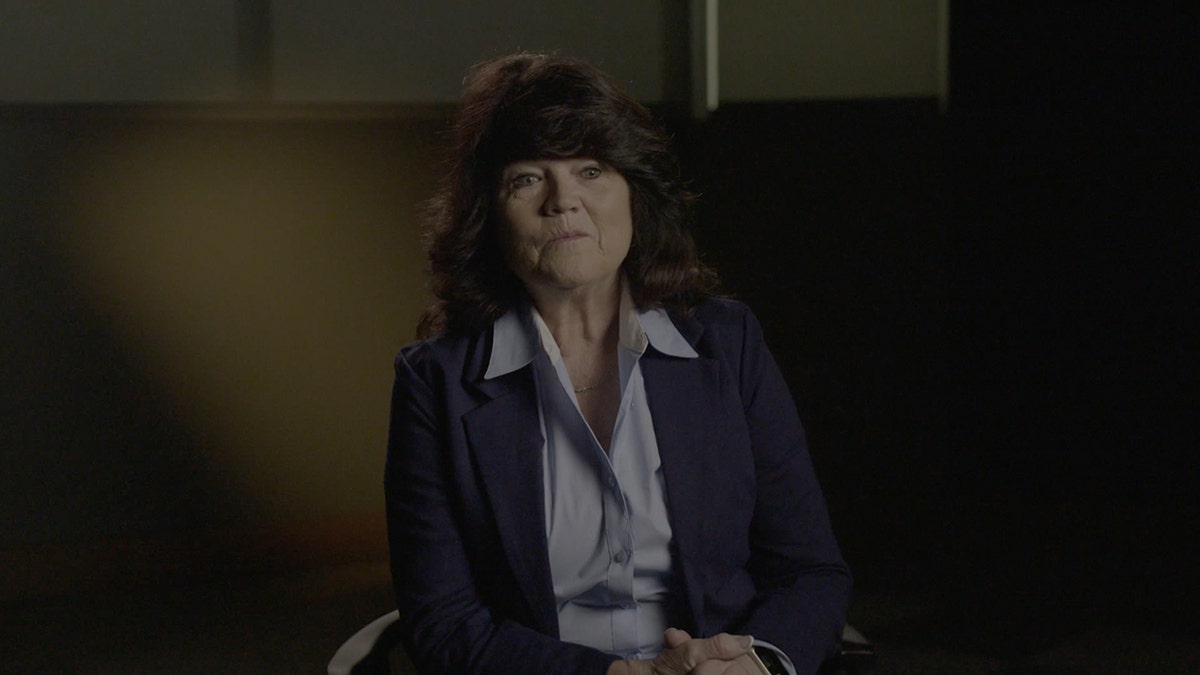
Retired Sgt. Jill Fleming also described Craig Allen Peyer's alarming behavior in the special. (ID)
Knott’s boyfriend was initially looked at as a suspect. However, he had a clear alibi that was verified by police, and he was at home when his high school sweetheart was killed.
Blood and fiber evidence found at the scene of the crime were all linked to Peyer. A witness also saw Knott getting pulled over by Peyer.
According to court documents, Peyer ordered Knott to exit the freeway at the Mercy Road exit and drive to the bottom of an offramp, which was dark and isolated. There was an altercation between the two, and Peyer strangled Knott. He then threw her body off a nearby bridge. Her vehicle was found at the bottom of the Mercy Road exit offramp.
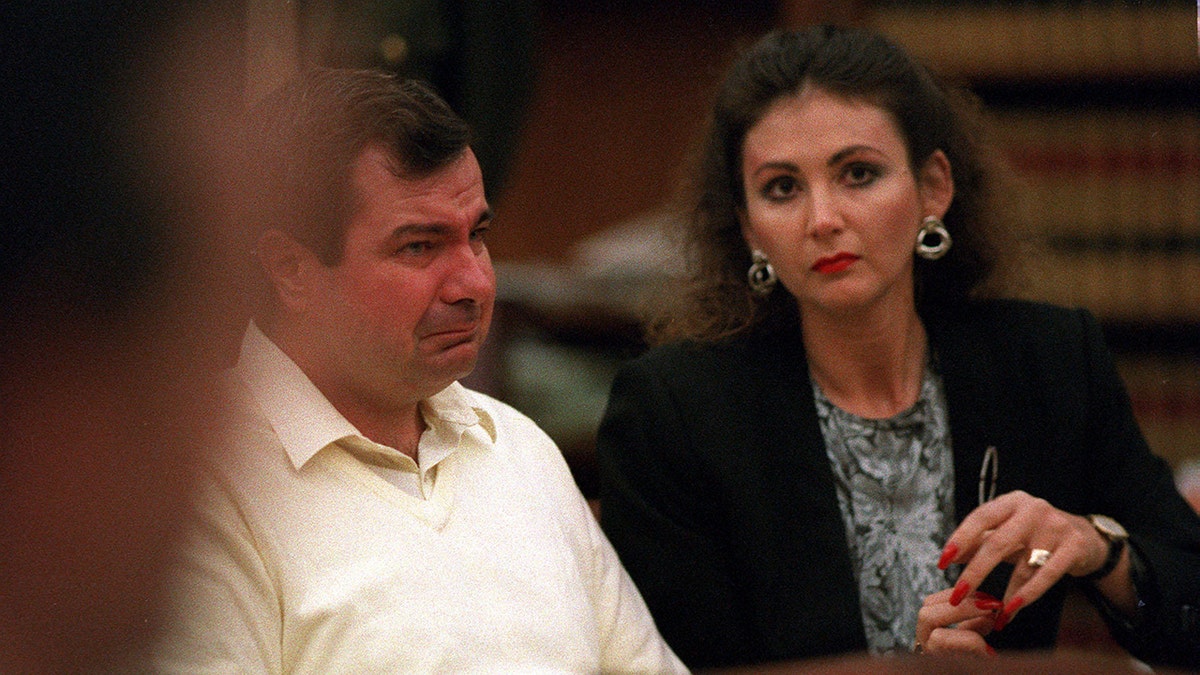
Craig Allen Peyer's next parole hearing isn't until 2027. (ALAMY)
"This could have been a fantasy, you know, ‘Could I get away with it?’" McFadden reflected on Peyer’s demeanor. "It’s sad to say, but as a homicide detective, you get up and live in this dark world. … I guess he became warped. And he probably said to himself, ‘I could get away with this.’
"My father used to say, ‘You are the true person when you’re all alone with yourself,’" McFadden added. "He could have had a fetish or passion that no one knew about. We often see that when we look at someone’s pattern, but then that pattern is overlooked because they’re a pastor at a church, a star athlete or, in this case, law enforcement. He could have had a fantasy or passion that was hidden for years, and he wanted to act it out.
"Was she the only victim? We may never know."
I-70 SERIAL KILLER’S LONE SURVIVOR PLAYED DEAD TO SAVE HER LIFE: ‘THIS WAS NOT MY DAY TO BE TAKEN’
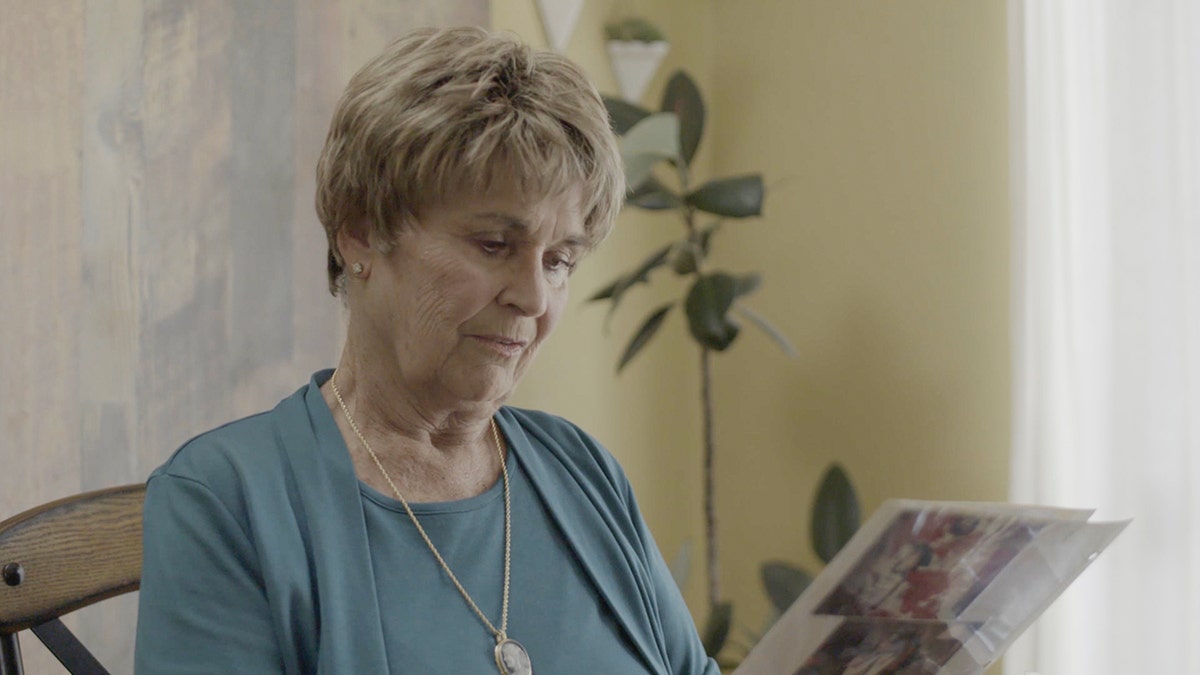
Joyce Knott doesn't want her beloved daughter to be forgotten. (ID)
Peyer was convicted and sentenced to 25 years to life in prison. According to reports, Knott’s case eliminated the 48-hour waiting period during which one could file a missing person’s report if the missing person is 18 or older.
Peyer, now 73, is up for a parole hearing in January 2027. In 2020, Knott’s family wrote to Gov. Gavin Newsom, urging him to keep Peyer behind bars.
McFadden hopes the special will raise awareness of investigators who were determined to bring the Knott family justice.
"I can tell you the majority of law enforcement are law-abiding citizens and uphold our oath," said McFadden. "It’s just a few people that we cannot see into their hearts, we cannot see into their souls. And we cannot look into their devious minds.
"But I can tell you that law enforcement is a noble and honorable profession. That’s why I spent my life in this profession. We take that oath, and we take it seriously. It’s sad that we even have to have this discussion."
"Good Cop, Bad Cop" airs Sunday, November 12 at 10 p.m.











































